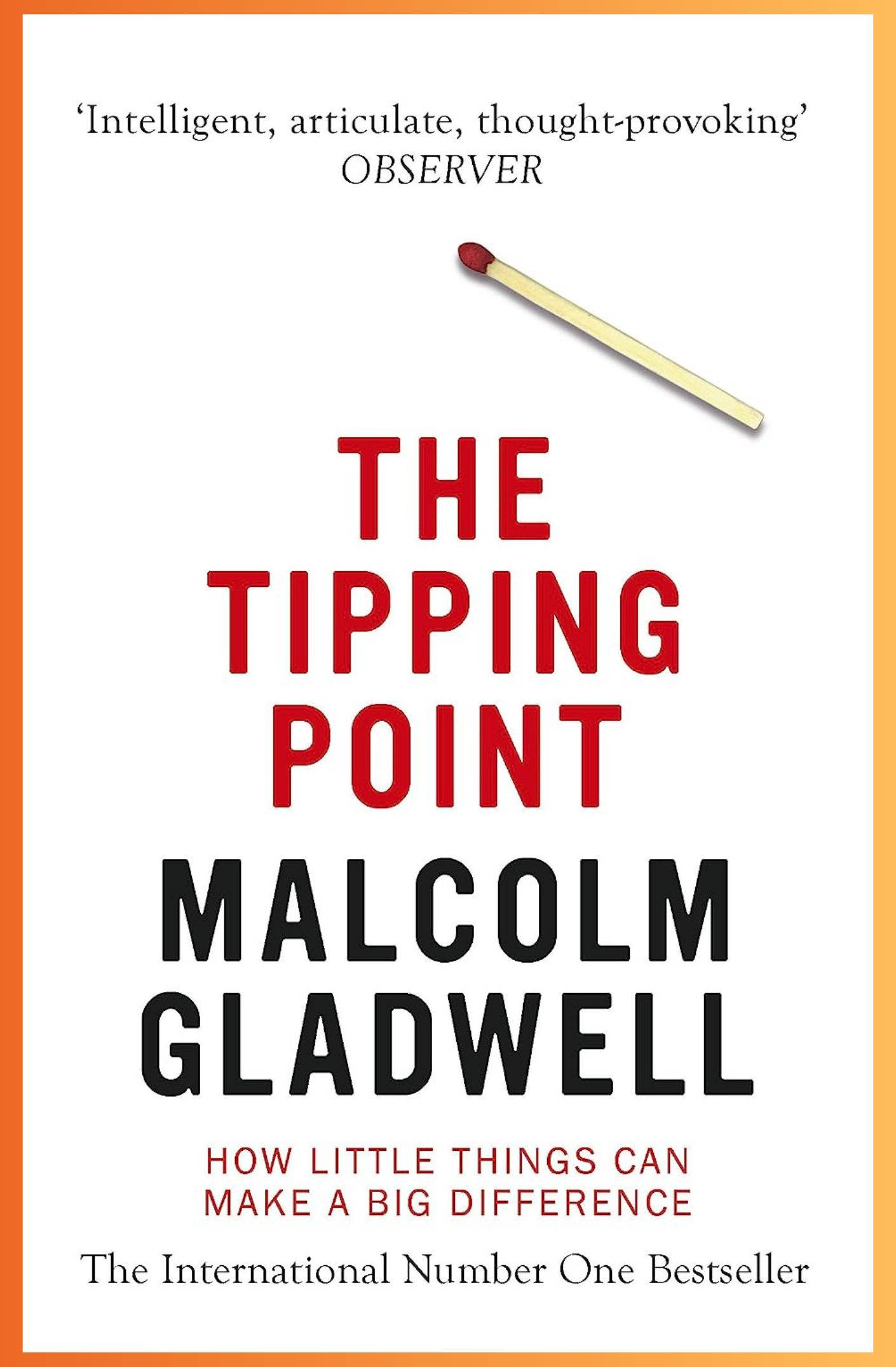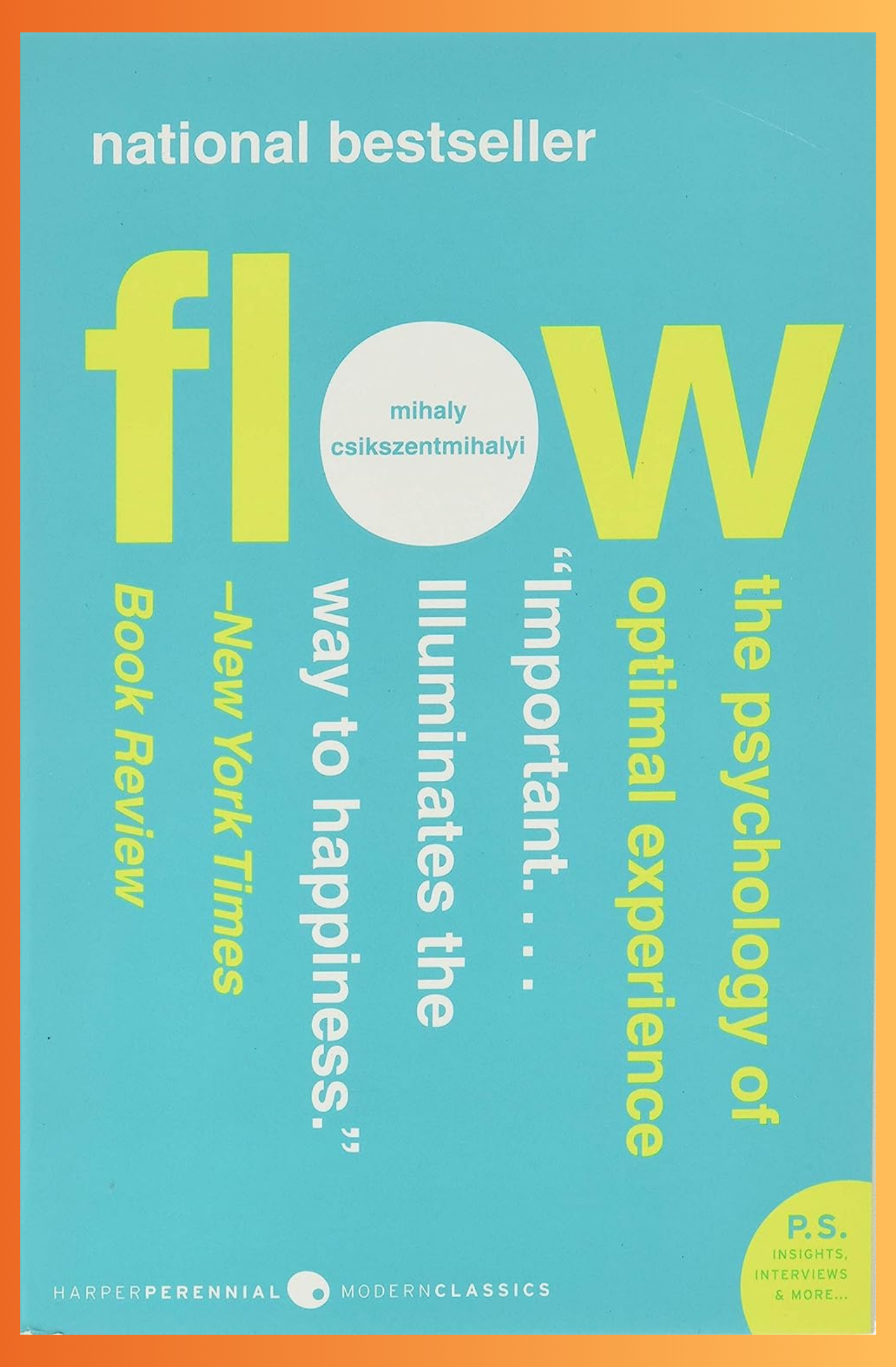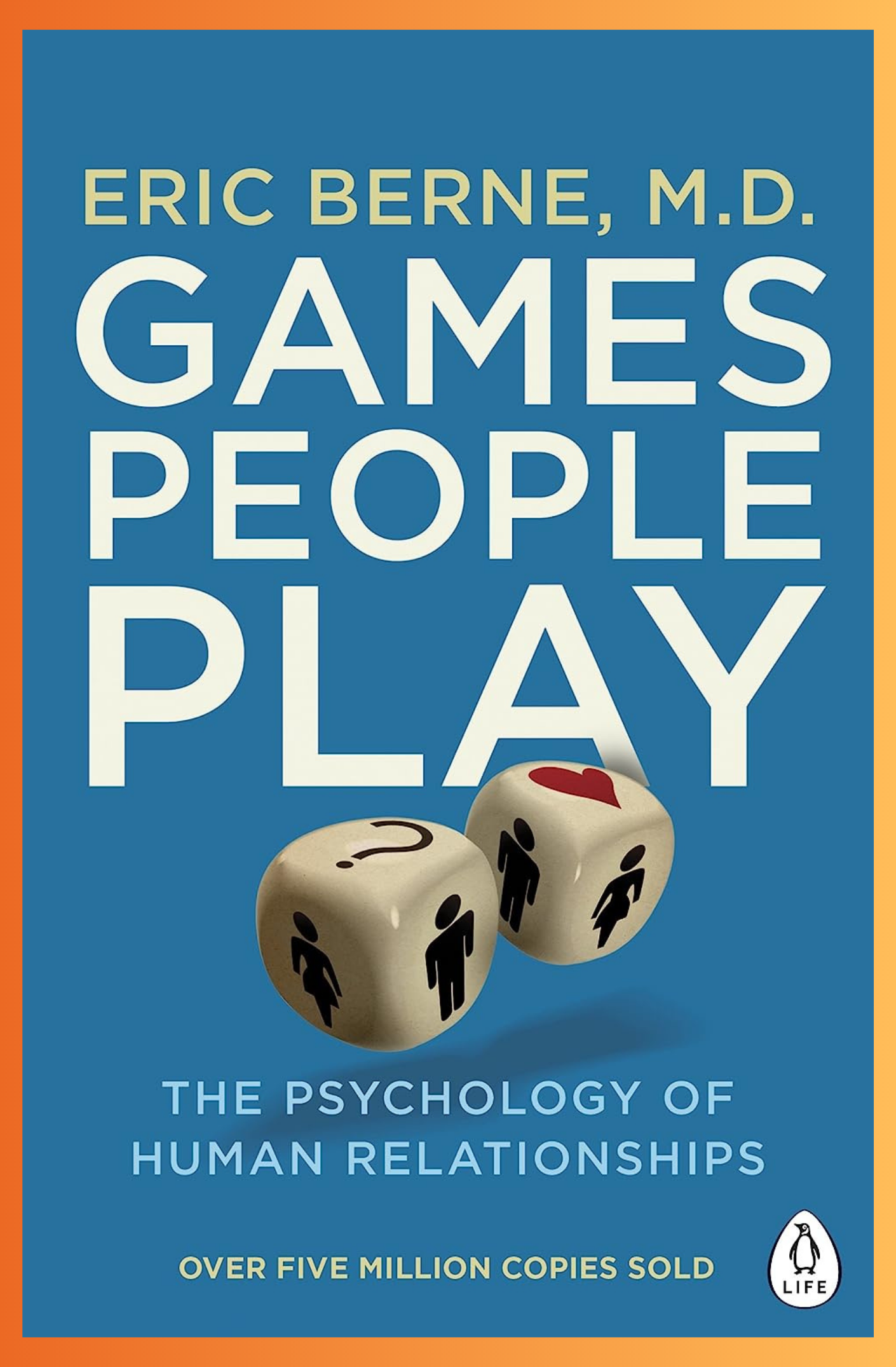Achology Articles
Challenge your thinking, be inspired and expand your outlook on life with Achology articles! We've gathered together the most thought-provoking articles from the world's greatest thinkers.
12 Psychological Principles that Might Surprise (or SHOCK) You!
by Jackson Hartley
In this article you will read about
Introduction
The intriguing and complex world of psychology offers a myriad of insights and revelations that can reshape our understanding of ourselves and the world around us. With each new discovery, we unlock the mysteries of the human mind and delve deeper into the intricacies of our thoughts, emotions, and behaviors.
In this article, we present 12 lesser-known, psychology-based principles that might pique your curiosity and challenge your preconceived notions about the workings of our minds. These captivating principles serve as a gateway to the fascinating realm of the human psyche, revealing hidden truths about ourselves and the way we interact with the world.
In contrast to a purely empirical field, the discipline of applied psychology centers on examining human behavior. As opposed to relying heavily upon scientific data, this approach is largely based on facts and practical application. Get ready to learn more about the fascinating field of modern applied psychology, including some uncommon psychological principles that may surprise you, challenge your beliefs and even spark a few debates!
Principles that Might Surprise (or SHOCK) You!
#1. Despite one’s age, maturity rarely follows suit.
Psychological Principle: Age does not always equate to wisdom. Each person’s readiness for certain responsibilities and level of emotional intelligence may vary significantly; therefore, a younger individual may have the maturity to handle situations better than someone who is older. Maturity is demonstrated through acceptance of responsibility, so age and maturity are independent of one another. As Sigmund Freud once said: “Maturity is the ability to delay gratification.”
#2. Experience is often more valuable than knowledge.
Psychological Principle: The adage “experience is the best teacher” could not be truer when it comes to developing the degree of experiential wisdom that most people wouldn’t mind paying for (within any area of professional expertise). We can learn a lot from books or attending lectures, but true insights come into play when we actually practice what we learn. Despite our intellect or ability to recite theoretical facts, having actual experience in various scenarios in the source of all wisdom.
#3. Mental health is just as important as physical health.
Psychological Principle: We’re all familiar with the importance of exercising and eating healthy, but what about our emotional well-being? Taking care of our mental health is central to a happy, fulfilled life – if not more so. Learning how to identify, manage and express emotions in healthy ways can help us develop better relationships, improved lifestyle habits, and greater overall satisfaction in life.
#4. Perception is everything when it comes to communication.
Psychological Principle: It’s easy to misinterpret someone else’s words or intentions due to our own personal biases or preconceptions; this is why effective communication requires that each person involved takes time to understand the other’s perspective. It is essential to practice active listening and empathy when engaging in any form of communication, as this facilitates a deeper understanding between both parties and can help avoid misunderstandings or hurt feelings.
#5. Mature behaviour trumps all forms for self-identification.
Psychological Principle: Identity should never be associated with gender or religion, but rather is determined by our personal character and level of maturity. Insecure individuals often waste their time trying to validate themselves instead of simply embracing who they truly are. As Eckhart Tolle once wisely stated: “As long as people create an identity that restricts them within the boundaries of their current self-knowledge, there will always remain a sense of personal imprisonment.”
#6: All people have a history, and few want to hear it.
Psychological Principle: How many individuals do you know that are stuck in the past? We only have the future to look forward to, so it is vital for us to draw upon our previous experiences and mature as a result. Choosing self-pity will lead some people into an endless loop of misery throughout their life. “Self-pity is without doubt the most damaging emotion we can experience,” Stephen Fry declared, and he was absolutely correct – this negativity has extreme consequences!
#7: Depression is a feeling, but is not a mental illness.
Psychological Principle: We are equipped with two choices when it comes to our emotions: a) we can view them as diseases that require healing or b) they can be seen as opportunities to exercise self-control. The former option leaves people feeling incapable and dependent on others while the latter gives everyone an opportunity for personal growth. With this knowledge, you have the chance to take control of your own emotions and develop better mastery over yourself!
#8: All people can manage their mindset and attitude.
Psychological Principle: Dr. Albert Ellis was right – we have the ability to choose helpful thoughts, feelings and actions that can lead to better consequences for ourselves and those around us. By utilizing this potential, we are opening the door towards living a healthier life with more positive vibes all round! Choosing to concentrate on constructive thoughts, attitudes and habits is what enables people to become more consistent in their attitudes – and more enjoyable people to be around.
#9: Life isn’t complex; yet, most people make it that way.
Psychological Principle: It’s true – life can sometimes be complicated, but the trick is to keep things as straightforward as possible. This doesn’t mean ignoring important details or avoiding difficult tasks; it simply means prioritizing and focusing on the basics. Keeping a level head and making practical decisions will provide individuals with greater satisfaction in their lives. Don’t overthink!
#10: If you won’t help someone, don’t cause them harm.
Psychological Principle: From the moment we take our first breath to the day we close our eyes for the last time, life is a journey. Working hard and being creative pays off in ways beyond monetary gain. Those who put their own needs before others will never build strong relationships that can sustain difficult periods. As wise words from The Dalai Lama tell us, “Our prime purpose in this life should be helping one another; if you’re not able to help someone out at least don’t cause any harm.”
#11: Truth is non-PC and offensive for those adverse to it.
Psychological Principle: When a curious young man approached his mentor and asked how to discern the truth, their conversation went like this: “You will recognize what’s true once you’ve embraced it.” On the contrary, fools typically argue over truths they do not want to accept if they conflict with their current beliefs or personal narratives. It is always important to keep an open mind and be willing to assess situations from all perspectives in order for one make informed decisions.
#12: No-one is broken, and all people are able to grow.
Psychological Principle: Every year, the American Psychiatry Association (APA) presents a new set of mental disorders and conditions as well as different ways to classify people who are not considered “normal.” This has triggered global pandemonium and feelings of inferiority when individuals persistently believe that their behaviours should be classified as disorders instead of choices. The reality is, each person can enhance their life by making one simple decision to improve themselves.
Conclusion
Everyone is capable of driving their own growth – and these psychological principles are the building blocks that can enable this. It’s all about making conscious choices and understanding that our minds and behaviours can be managed in order to become the best versions of ourselves. With knowledge comes power, so it’s up to each individual to take these principles for personal growth.
Applied psychology provides us with the knowledge to better understand ourselves, our relationships and develop meaningful connections with the world around us. With the right set of principles in mind, we can make sure we live up to our potential – both mentally and emotionally. So take some time out to reflect on what you have learned here today and start applying these lessons into your day-to-day life!
Start your achology journey today.





















